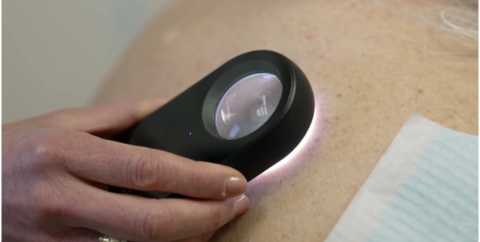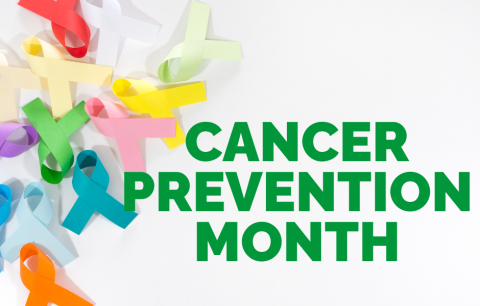Winter sun safety: Being 'Sun Smart' isn’t just for summertime
01 January, 2022
It’s often simple to be Sun Smart in the summertime. We may feel the heat of the sun on our skin reminding us to take cover or reapply sunscreen. We see sunscreen displays front and center at the store reminding us to stock up. And sometimes we see the painful result of not applying sunscreen—a sunburn.
In the wintertime it may be less obvious that we need protection from the sun. Temperatures drop, overcast or cloudy days are far more common, and daylight hours are fewer. The Earth’s angle to the sun shifts too, reducing some of the sun’s UV rays that reach us.
Don’t be fooled, however. The sun’s rays are still reaching the Earth and can often filter through dark clouds. In the winter much of Nevada is still in the moderate range for UV exposure based on the EPA’s UV Index.
People recreating in the snow have an even greater risk. Much like the sun’s rays reflect off of water in the summertime, they reflect off of snow in the winter. The effect is even greater when at higher altitudes—say, a ski resort. We’re sure you’ve seen the effects of the sun on anyone who’s skied a full bluebird day wearing UV protective goggles—including the telltale “white goggles” that remain on their skin surrounded by the sunburned skin of their face that was exposed all day.
Researchers at MD Anderson say a day on the slopes can do as much damage to your skin as a day on the beach.
Follow these tips to protect your skin in the wintertime:
- Wear an SPF 30 sunscreen on any parts of your skin that are exposed, including the tips of your ears and backs of your hands. Reapply every two hours, just as you would in the summer.
- Cover up with a hat, long sleeves, and gloves.
- Wear UV protective sunglasses or goggles. Wraparound sunglasses are especially useful in cutting glare from the snow.
- Don’t forget the lip balm. An SPF 30 lip balm can protect your lips from the sun and prevent the cracking and chaffing often caused by cold air.
It’s also important to keep up with regular skin checks in the wintertime and note any changes to discuss with your health care provider.
Learn more about sun safety and skin checks here.
You May Also Like

The Biggest Little Skin Cancer Screening Returns May 7
03.11.2025
Sunshine is a way of life in Nevada, but with more than 300 days of sun each year, skin cancer is a serious concern. That’s why Dr.

Yogurt May Help Prevent Colon Cancer
02.18.2025
A new study suggests that long-term yogurt consumption may help protect against aggressive colon cancer by promoting a healthy gut microbiome.

February is Cancer Prevention Month: Take Action for a Healthier Future
02.04.2025
Every February, Cancer Prevention Month serves as a powerful reminder that many cancers are preventable through lifestyle choices, early detection